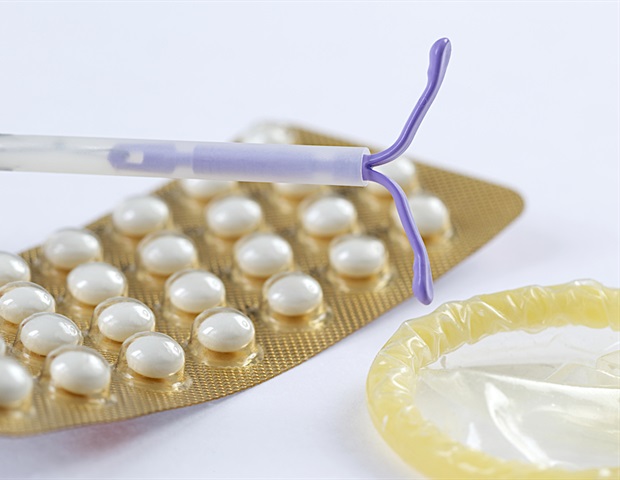[ad_1]
Research from the University of Southampton has identified common problems women face when menstruating while homeless.
A review of research published in Women and health found that homeless women experienced practical difficulties in managing their periods as well as feelings of embarrassment and shame, with many “coping out” due to inadequate services.
Researchers say it’s high time to consider the provision of menstrual health resources as a basic human right.
Dr Stephanie Barker, a lecturer at the University of Southampton who co-led the study, said: “So-called ‘period poverty’ is a global concern. Our findings highlight the need to stop policing and limit access to menstrual health products. is both a public health issue and a human rights issue. »
The research evidence review is the first to explore the menstruation experiences of homeless women. The University of Southampton team identified and analyzed nine studies on the subject carried out in the UK, US, Canada and Nepal. Three key themes emerged from the research.
The first concerns the challenges related to the logistics of managing menstruation when homeless. Finding a clean, private space to use and change menstrual products was a common problem. The few options available, such as public toilets, have been described as unsanitary and unsuitable. The stigma of homelessness means women are often turned away from public and private toilets.
Dr Polly Hardy-Johnson, also a lecturer at the University of Southampton and co-lead author of the paper, added: “Even as paying customers, women were subject to stigma associated with alleged drug use , limiting their access to toilets. Passing as “not homeless” was more difficult when women were unable to maintain good menstrual health.
“Limited access to facilities has led to infections and increased the need for expensive laundry services, due to leaks and blood-stained clothes. There is a need for private, safe and clean places to manage menstruation, as well as access to laundry facilities.
People sleeping rough relied on service providers for menstrual products, but several studies noted that this provision was insufficient and sporadic. This meant that women would sometimes forgo food to buy menstrual products or shoplift them.
The second theme focused on feelings of embarrassment, shame, and dignity related to maintaining menstrual health. Women felt the need to hide that they were menstruating and felt judged when they failed to maintain good menstrual health, which caused anxiety and discomfort.
Women reported that services rationed free menstrual supplies, forcing them to ask staff (sometimes men) several times a day for tampons, sanitary napkins, and other products.
The third theme was about women “managing” to manage the challenges they face. Several women reported using cut-up sponges, clothing and T-shirts as reusable ways to absorb menstrual blood and prevent leaks. Others used stacked wads of toilet paper and some reused soiled disposable menstrual products. To treat infections, some women have turned to inexpensive herbal remedies rather than more expensive treatments.
Studies also looked at what services women found useful. The provision of menstrual health products and contraceptive products has been shown to be helpful, alongside sexual health services. Warm, welcoming cafes and day centers have helped ease period pain and discomfort.
Sharing information within the homeless community about available support, showers and product sharing has helped improve menstrual health management.
The research team found a lack of evidence on the experiences of homeless people who do not identify as women and who menstruate. To address this, the team received £9.9k in funding from the British Academy/Leverhulme Small Research Grants to better understand the menstrual needs of all homeless people.
The project will conduct in-depth interviews and use creative ways to amplify marginalized voices, and co-create a policy brief with the homeless community and key stakeholders on improving access to health care menstrual.
Source:
Journal reference:
Orsini, GD, and others. (2024). The homeless period: a synthesis of qualitative data. Women and health. doi.org/10.1080/03630242.2024.2310716.
[ad_2]
Source link
